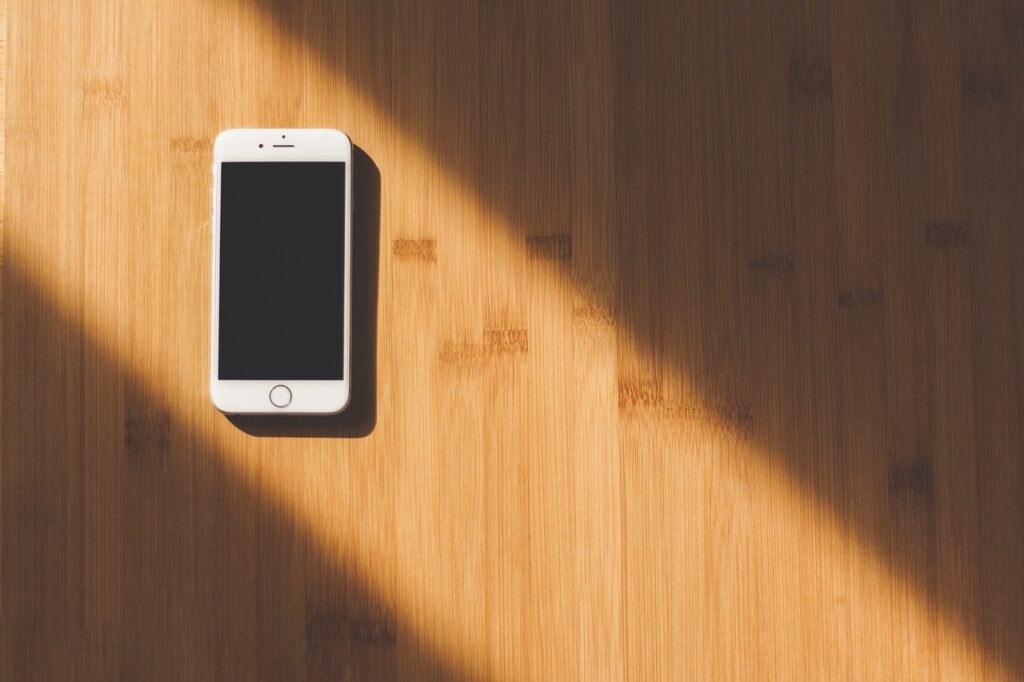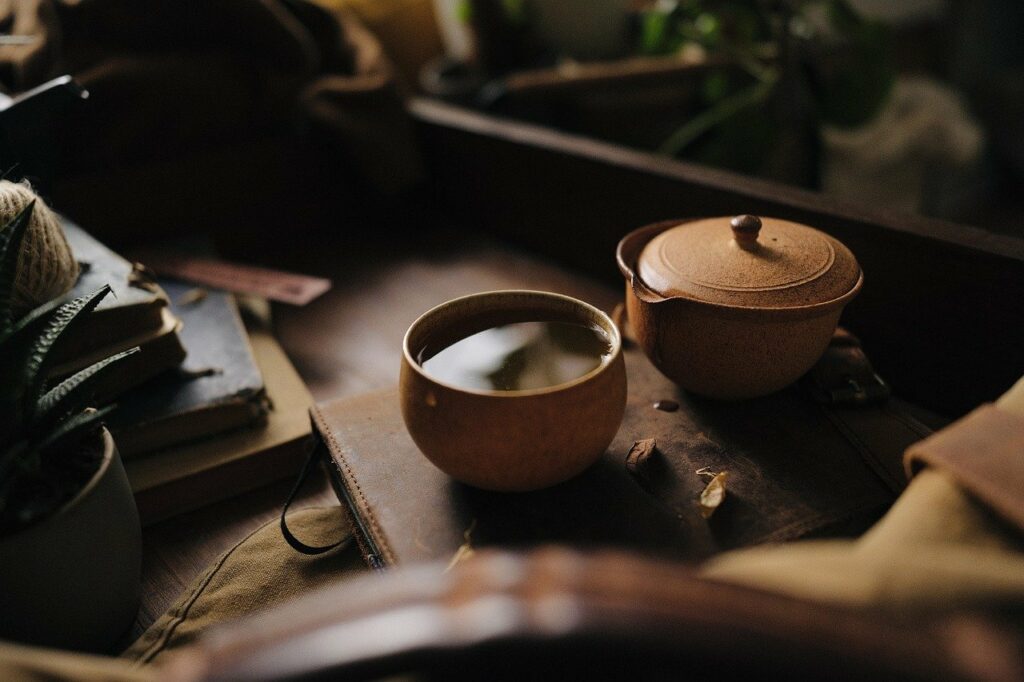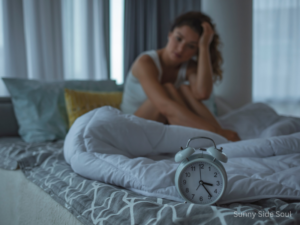Can’t sleep? Blue Light May Be the Culprit
Do you have trouble falling asleep at night? Do you wake up feeling groggy even after a full night’s sleep? If so, you may be suffering from a disrupted circadian rhythm.
Your circadian rhythm is your body’s internal clock. It regulates your sleep-wake cycle, as well as other bodily functions, such as hormone production and body temperature.
One of the biggest disruptors of circadian rhythm is exposure to blue light. Blue light is emitted from electronic devices, such as computers, smartphones, and tablets. It is also found in natural sunlight, fluorescent lights, and LED light bulbs.
Blue light suppresses the production of melatonin, a hormone that helps you sleep. The production of melatonin is triggered by darkness. When you are exposed to blue light in the evening, it can interfere with the production of melatonin and make it harder to fall asleep.

The Impact of Electronics on Circadian Rhythm
Before the invention of electronics, people were exposed to much less blue light in the evening. The sun is the main source of blue light, and it sets in the evening. This means that after the sun sets, the amount of blue light in the environment decreases significantly.
However, with the invention of electronics, people are now exposed to blue light from devices like computers, smartphones, and tablets well into the evening.
As a result, people who use electronic devices in the evening are more likely to experience sleep disturbances. This is a relatively new problem, and it is one that is becoming increasingly common as more and more people use electronic devices.
Avoiding Blue Light
There are a few things you can do to avoid blue light at night which may improve your sleep quality:
- Turn off electronic devices at least two hours before bedtime. If you can’t go without using your devices completely, try using them with the night mode setting turned on.
- Get some natural sunlight during the day. This will help to reset your circadian rhythm and make it easier to fall asleep at night.
- Wear blue blocker glasses in the evening. Blue blocker glasses block blue light, so they can help you fall asleep more easily.
- Create a relaxing bedtime routine. This will help you wind down and prepare for sleep.

A Good Option for Improving Sleep
Blue blocker glasses can be a good option for improving your sleep quality. They are a safe and effective way to reduce your exposure to blue light in the evening.
To get the most benefit from blue blocker glasses, you should wear them in the evening, starting a few hours before bedtime.
Here are some tips for using blue blocker glasses to improve your sleep:
- Make sure the glasses fit comfortably over your eyes.
- Wear the glasses consistently for at least two weeks to see results.
- Choose a pair of glasses you like and that you’ll be comfortable wearing.
Finding the Right Glasses for You
Blue light blocking glasses have come a long way in recent years. Now, there are stylish and affordable options available for the whole family. Here are a couple of recommendations:
- For Kids: These glasses come in a variety of fun colors and are also affordable.
- For Adults: These glasses are a great effective and stylish option.
If you are looking for a way to improve your sleep quality and circadian rhythm, blue blocker glasses may be a good option for you.
It is important to note that blue blocker glasses are not a cure-all for sleep problems. If you are experiencing chronic sleep problems, you should talk to your doctor
References
- Can blue light-blocking glasses improve your sleep?: https://www.health.harvard.edu/blog/can-blue-light-blocking-glasses-improve-your-sleep-202110262625
- Evening wear of blue-blocking glasses for sleep and mood disorders: a systematic review: https://pubmed.ncbi.nlm.nih.gov/34030534/
Disclaimer: This article is for informational purposes only and is not intended to be a substitute for medical advice. Please consult with your doctor before making any changes to your health care routine.


 Small Gifts, Big Smiles: A Guide for Teens & Students
Small Gifts, Big Smiles: A Guide for Teens & Students